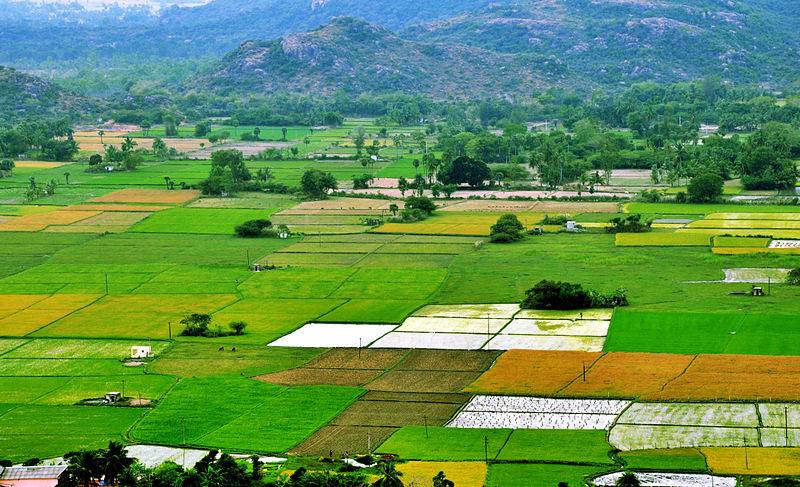
Land as a commodity has many uses and features, however owning a plot of the land brings with it a serious amount of paperwork and background checks. Legal formalities can be intimidating for some but once successfully completed, owning a managed farmland can be extremely rewarding and fulfilling.
Following are the common mistakes to be avoided while buying an agricultural land
Ignoring the importance of un-disputed land titles:
Checking the title of farmland is the fundamental observance that must be done prior to purchase. If the land’s clear and marketable titles are not confirmed, would lead to legal complications. So, it is important to ensure that there are no disputes over the title and area, as these things would only add to the delay in acquiring the land. Farmland title verification should date back to a minimum of 40 years from the date of purchase. It also includes the careful perusal of mother deed documents.
Assuming one state law holds good in another state:
Agriculture in India is a state subject, which means that different states have different laws. Being unaware of the state agricultural laws could lead to a set of legal entanglements. Depending on the state in which the farmland is located, all the documents required while conducting the due diligence should be done according to the State laws in force. The land area and boundary is also verified with government survey records and physical verification.
Following is the list of the basic documentation required while doing the due diligence:
-
Title Documents
-
Encumbrance Certificate
-
RTC – Record of Rights or Pahani
-
Mutation Extract
-
Family Tree History
-
Patta Book
-
Survey Documents include – survey sketch, Akarband extract, Hissa Tippani book extract, Tippani, Phodi extract, Hudbust Register extract, atlas, and village map.
-
Conveyance Deeds
-
Khata Certificate
-
Grant Certificates
Failure to conduct a proper physical land survey:
There is much more to land than its own history. Failing to physically verify the land could lead to a false assessment of the suitability of the land for agriculture. For example – if you are looking for agricultural land for sale in rural Bangalore then, just verifying the documents wouldn’t suffice, rather physical verification of the land and its boundaries is also necessary.
Not knowing the seller:
To trace the origin of the property is one of the major purposes of extensive document verification. Tracing should always begin with scrutiny of the earliest document recorded. For example – if agricultural plots are up for sale in North Bangalore, knowing about the history of the land-owners would tell you about the history of the land-use itself. It is necessary to do because you do not want to purchase the seemingly fertile land only to find out that is located in an environmentally sensitive zone or is under dispute.
A short-term outlook and failure in Goal setting:
Most of the time, investing in agricultural land is about farm life experience and connecting with nature. But, it is also important to remember that it is still an investment you are making into your future, in sustainable farming, to grow your assets, and finally invest in the community and the planet. Similarly, Goal Setting is taken pretty lightly by agricultural enthusiasts. Without setting, goals can lead you down a path of uncertainty and disappointment when you don’t get the returns that you expected. While setting goals when investing in farmland is highly dependent on the type of return on investment you wish for. If you are specifically motivated by long-term return on investment then you can invest in Agroforestry, which will bear you a sweet fruit in the forthcoming years.

















